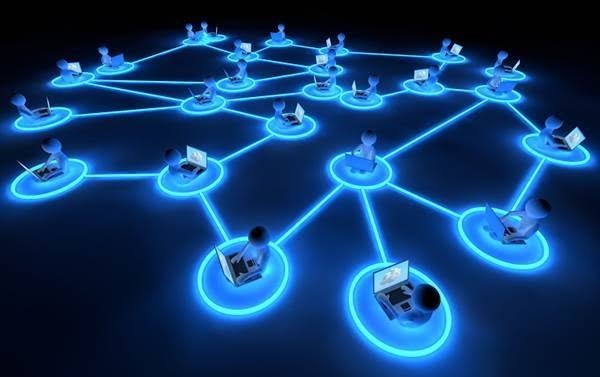Peer-to-peer (P2P) data management systems have emerged as a potent tool for empowering privacy in the digital age. Unlike traditional client-server models where data is stored on centralized servers controlled by a single entity, Peer-to-Peer data management systems distribute data across multiple nodes in a network. This decentralized architecture fundamentally transforms how data is managed, shared, and protected, offering significant privacy advantages. Here’s an in-depth look at how Peer-to-Peer data management enhances privacy.
Decentralization and Data Control
One of the primary ways Peer-to-Peer data management systems empower privacy is through decentralization. In traditional centralized systems, data is stored on servers owned by companies or organizations, which have full control over the data. This centralization poses significant privacy risks, as these servers become lucrative targets for hackers and can be subject to surveillance by authorities. Furthermore, the entities controlling the servers can misuse the data, intentionally or unintentionally.
In contrast, P2P networks distribute data across many nodes, each potentially owned and operated by different individuals or entities. This dispersion of data means that no single node has complete access to all the information. Even if one node is compromised, the attacker gains access only to a fragment of the entire dataset, significantly reducing the risk of large-scale data breaches.
Enhanced Data Security
Peer-to-Peer data management systems enhance data security through techniques like data encryption and redundancy. Each piece of data stored in the network can be encrypted, ensuring that only authorized users can access it. Moreover, the data can be split into smaller chunks, each of which is stored on different nodes. This method, often known as sharding, means that accessing a complete data set requires collecting and decrypting pieces from multiple sources, further complicating unauthorized access.
Additionally, redundancy mechanisms ensure data availability and integrity. By storing multiple copies of data across different nodes, P2P systems protect against data loss. If one node fails or goes offline, the data can still be retrieved from other nodes. This redundancy not only enhances reliability but also ensures that data remains available without compromising privacy.
User Anonymity
Peer-to-Peer data management networks can support stronger anonymity for users. Traditional systems often require users to authenticate themselves to a central server, which can log their activities and associate them with specific identities. In contrast, P2P networks can implement mechanisms where users interact directly with each other without needing to reveal their identities to a central authority.
For example, protocols like Tor leverage P2P architectures to route user communications through multiple nodes, obfuscating the origin and destination of the data. This makes it significantly harder for any third party to trace user activities back to them, enhancing privacy. Similarly, cryptocurrencies like Bitcoin use P2P networks to enable anonymous financial transactions, where the identities of the parties involved are protected through cryptographic techniques.
Resistance to Censorship
Censorship resistance is another critical privacy benefit of Peer-to-Peer data management. Centralized systems are susceptible to control and censorship by governments or corporations. By targeting the central servers, authorities can shut down services, restrict access, or monitor communications.
P2P networks, on the other hand, are inherently resistant to such interventions. Since data is distributed across numerous nodes worldwide, it is challenging to censor or control the information flow. Users can continue to share and access information even in the face of efforts to restrict it. This resistance to censorship not only preserves privacy but also supports freedom of expression and access to information.
Empowerment Through Self-Sovereign Identity
Peer-to-Peer data management systems can also support the concept of self-sovereign identity, where individuals have control over their own digital identities without relying on centralized authorities. Through decentralized identifiers, users can manage identity information, deciding who can access pieces of data and under what conditions.
This control over personal identity information significantly enhances privacy. Users are not forced to trust third-party providers with sensitive information, reducing the risk of identity theft and data misuse. Instead, they can leverage cryptographic techniques to ensure that their data remains private and secure.
Conclusion
Overall, Peer-to-Peer data management systems empower privacy through decentralization, enhanced data security, user anonymity, resistance to censorship, and support for self-sovereign identity. By distributing data across a network of nodes and employing advanced cryptographic techniques, P2P systems mitigate the risks associated with centralized data storage and control. They provide individuals with greater control over their personal information, enhance security, and protect against unauthorized access and surveillance. As digital privacy concerns continue to grow, adoption of P2P data management represents a promising approach to safeguarding user privacy.
Read More: How Can Decentralized Data Storage Solutions Secure Your Data?



